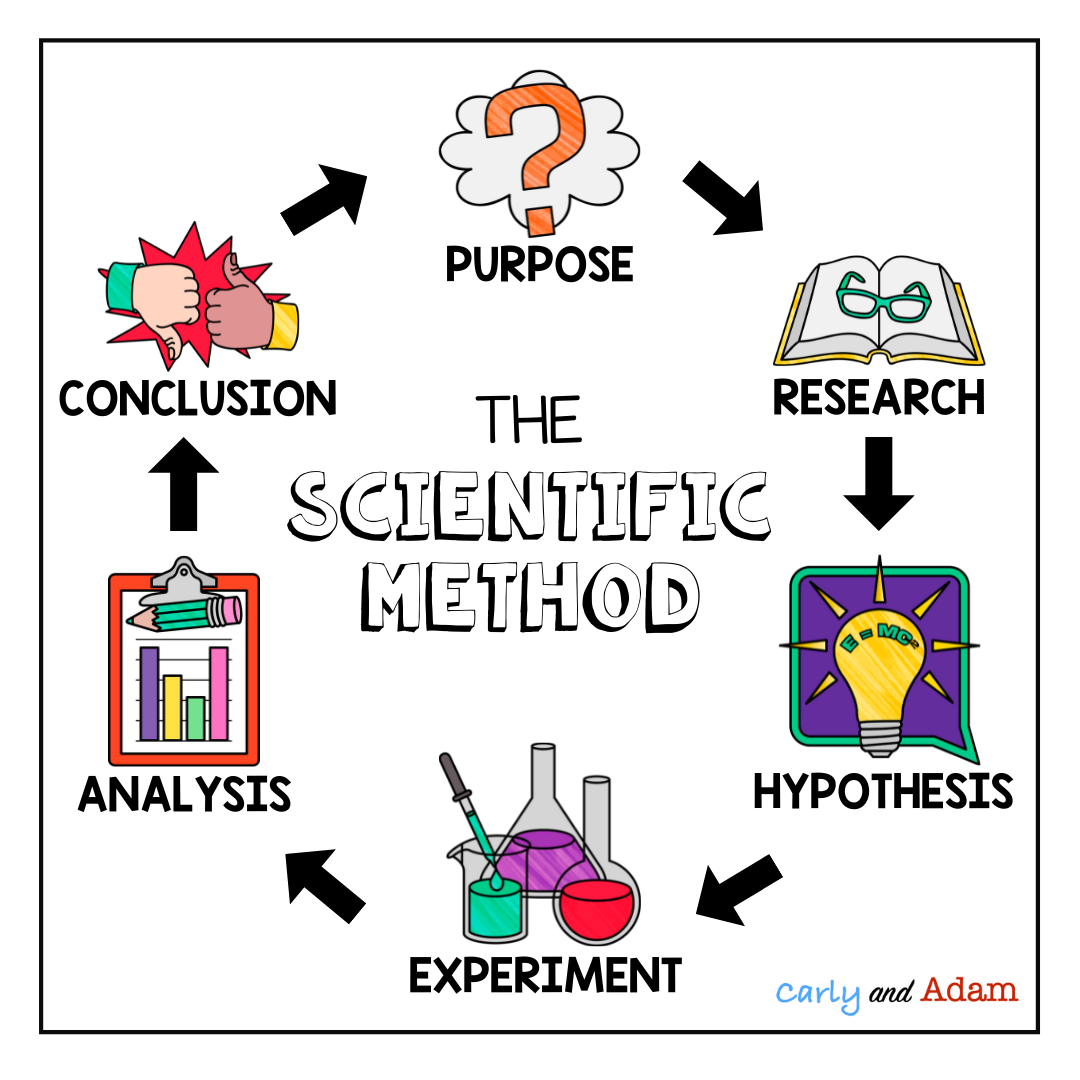Psychology is a science. What makes psychology a science is the fact that it utilises the scientific method as well as a scientific approach to construct knowledge.

Therefore, psychologists employ a variety of research methods to construct knowledge. It is important that you are familiar with all of these as well as their strengths and limitations.
- True Experiment
- Quasi Experiment
- Survey
- Observation
- Case study
- Meta-analysis
Correlation & Causation
The goal of research in psychology, and psychology in general, is to understand the causal elements of a given behaviour whether those are biological, social or cognitive. This is often much easier said than done. Not only because human behaviour is incredibly complex, but also because research can sometimes elicit findings whereby one element appears to cause another but it actually does not.
In order to understand “spurious correlation more” take a look at this website: Spurious Correlations and engage in the learning activity below:
RED WINE AND HEALTH: AN EXAMINATION OF CORRELATION VS. CAUSATION
The reported health benefits of drinking moderate amounts of red wine have been widely reported in the news over the past decade.
The question of course is what is it about wine drinking that increases our health? Wasn’t alcohol meant to be bad for you?
Consider the following study excerpted from the 2015 book, The Dorito Effect:
In 2002, four Danish scientists began examining grocery receipts. This may sound like a waste of taxpayer dollars, but in fact it was the kind of experiment other scientists describe as “elegant.” For years, science had been grappling with the unexplained health benefits of wine—wine drinkers seemed more resistant to coronary heart disease and certain cancers, but no one knew why. Predictably, there was a large-scale effort to rip wine apart in search of whatever compound was working its peculiar magic on the human body and turn it into a pill. (Resveratrol was one.) The Danish group came at it from a different angle. They didn’t need a gas chromatograph. They needed receipts.
–STOP– Why would they look at receipts?? Discuss with your seat partner. now.
Research Methods
Research methods can be considered the “tools” of the psychologist. And just as a carpenter has a collection of tools for different tasks, problems or jobs, so too does the psychologist deploy different research tools to different contexts and problems.
This “Unit 2” study guide has within it a chart that requires you to identify the strengths and limitations of different research methods. Complete that chart.
This learning helper will require you to choose the best research method for a given aim. You can work in a partnership to complete this learning activity.
Learning Helpers
Complete this learning helper + mini assessment regarding your ability to evaluate psychological claims and research
Complete this learning helper to better understand the bio/psycho/social approach to human behaviour: LEARNING HELPER
Unit 1 Summative (Major) Linked Below
Your task is to write a 1000 word essay in which you:
“Discuss how one or more psychological concepts or theories is manifested in the construction or impact of modern technology”